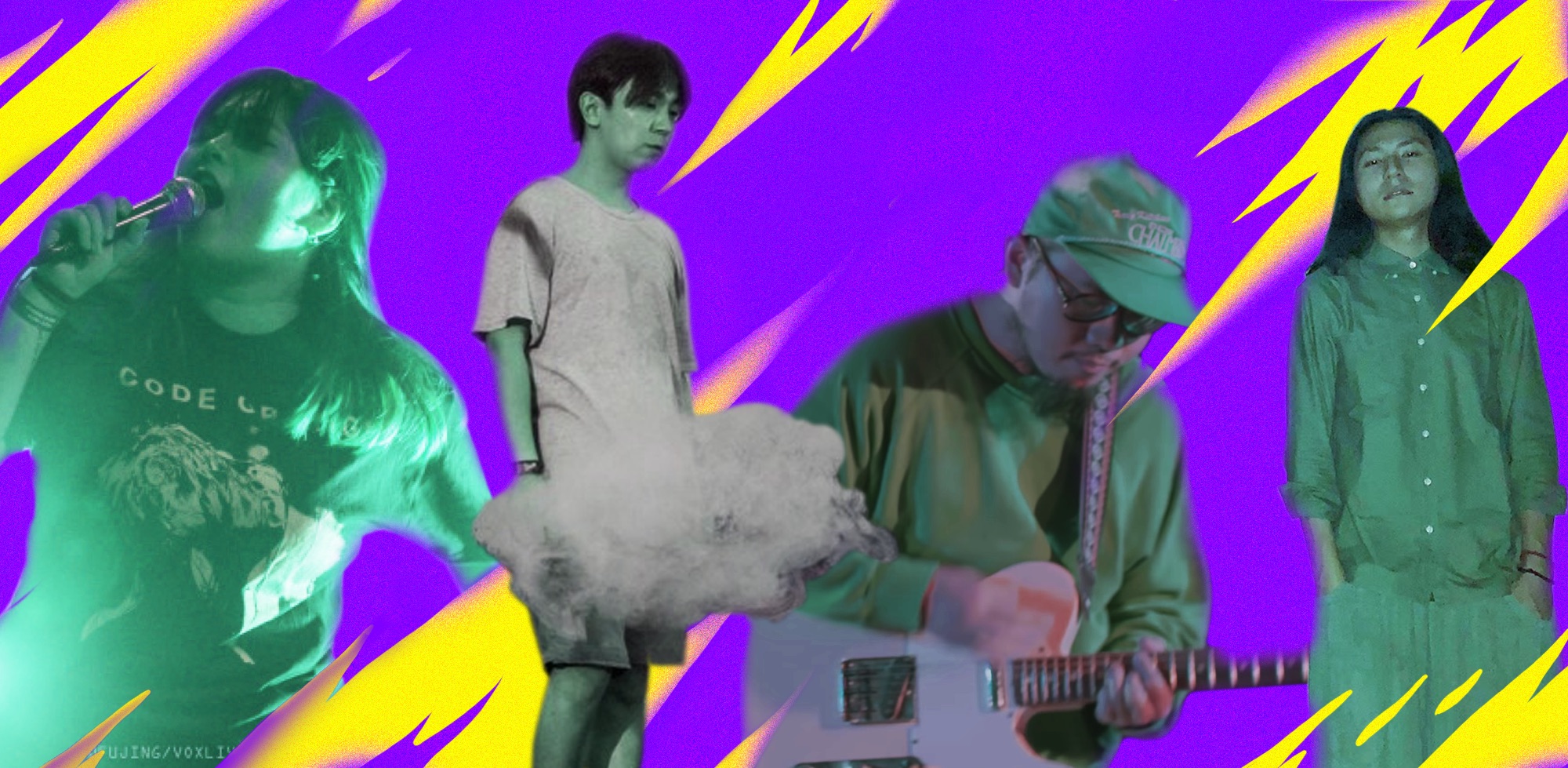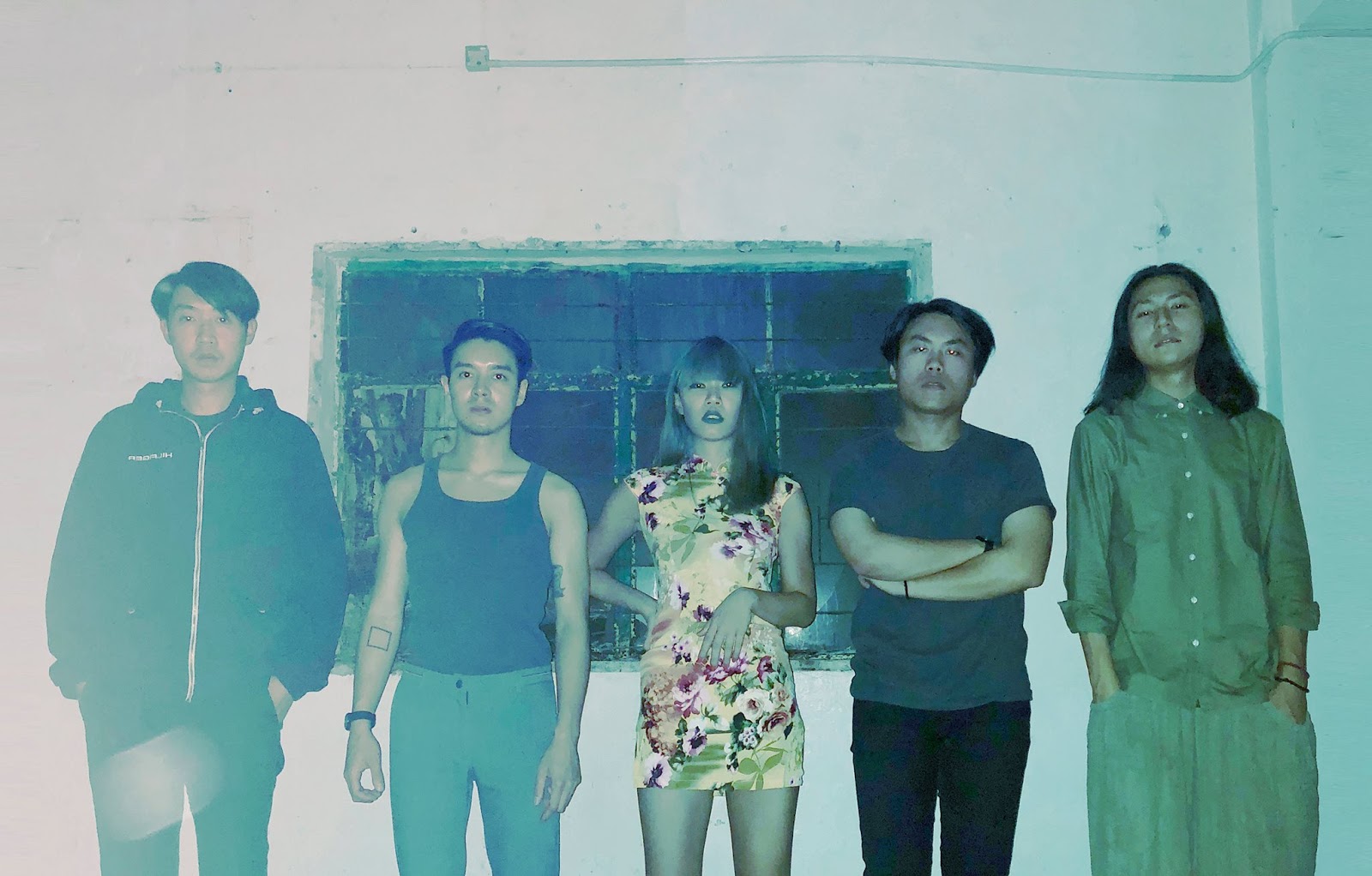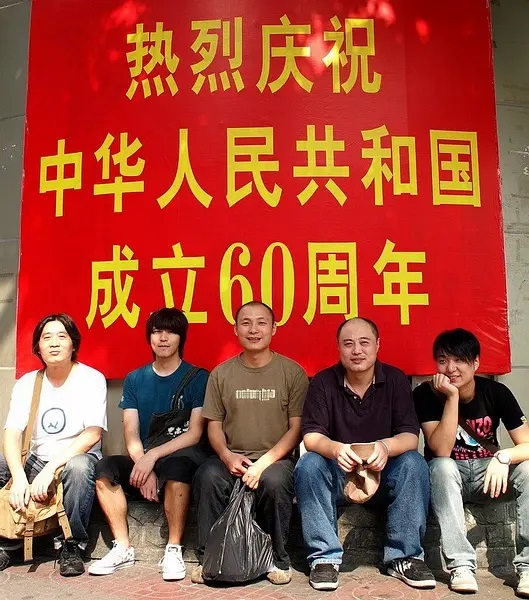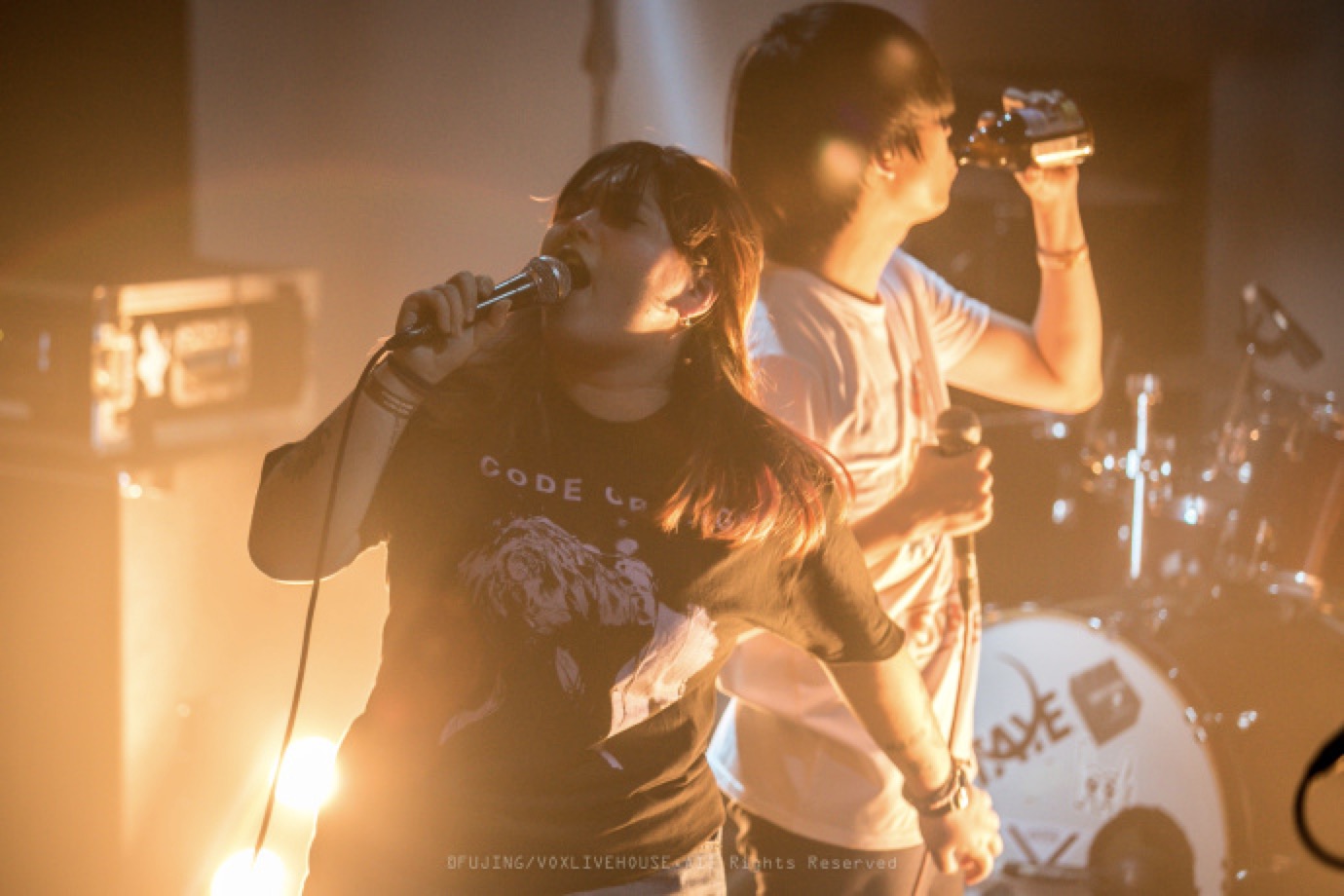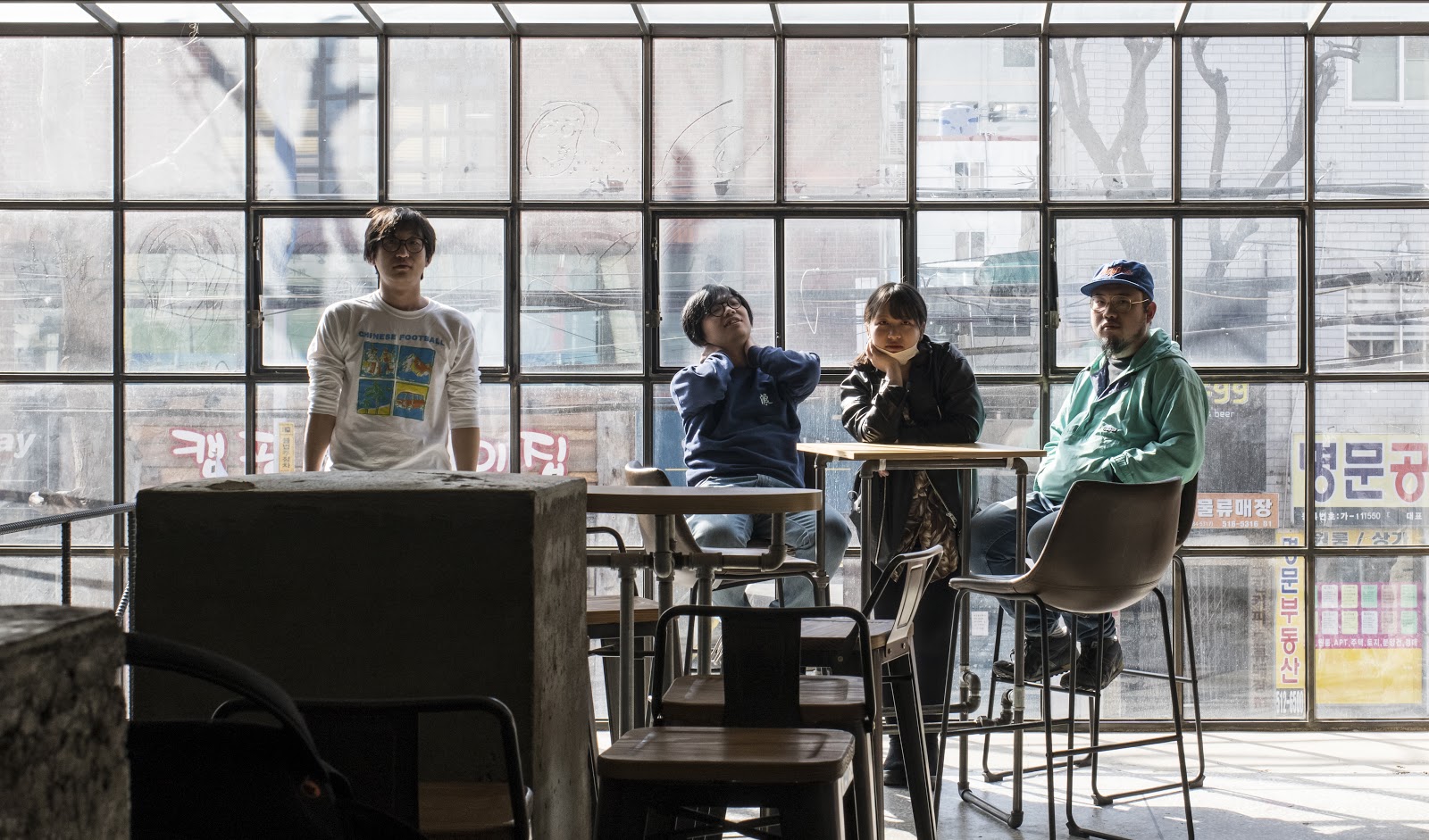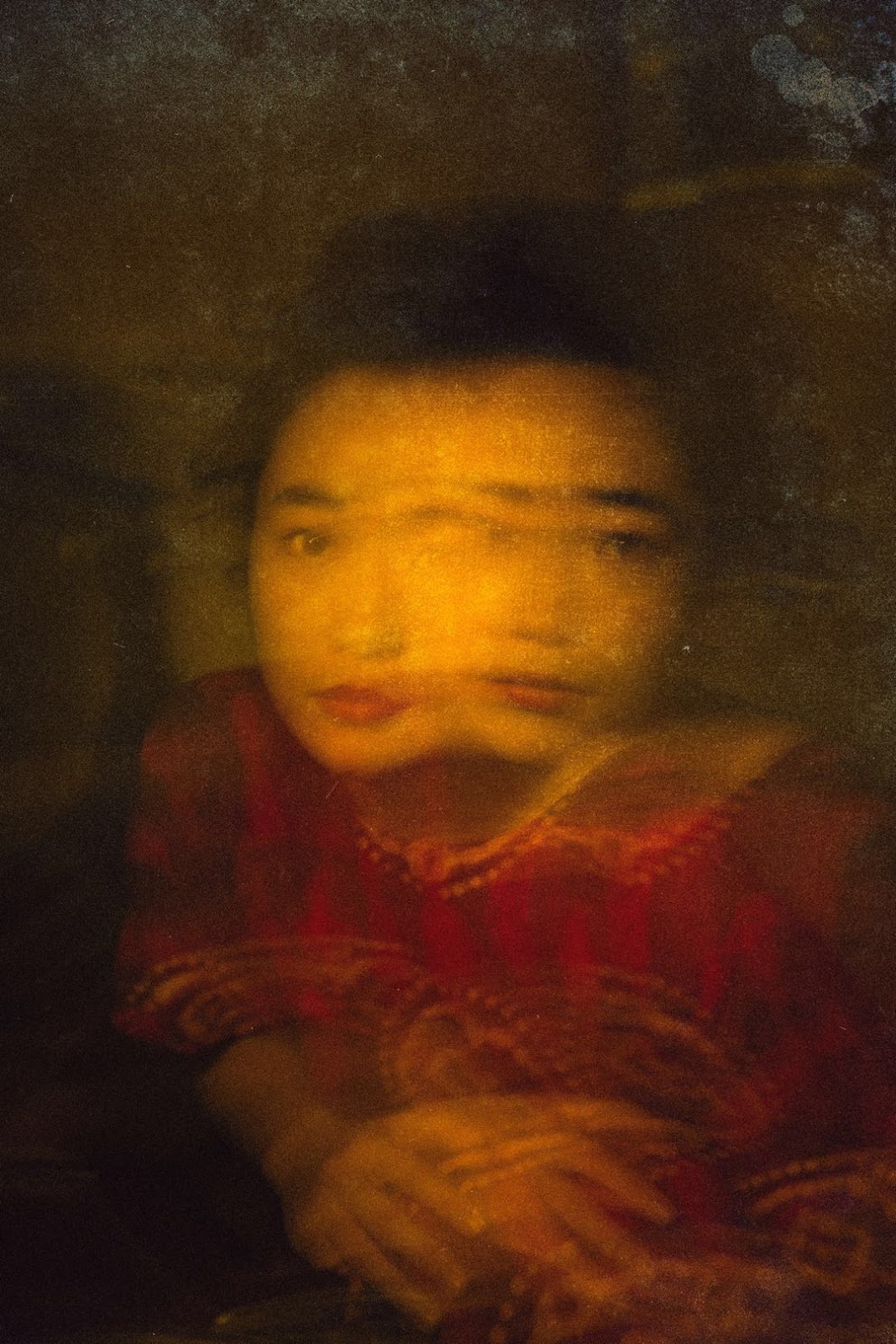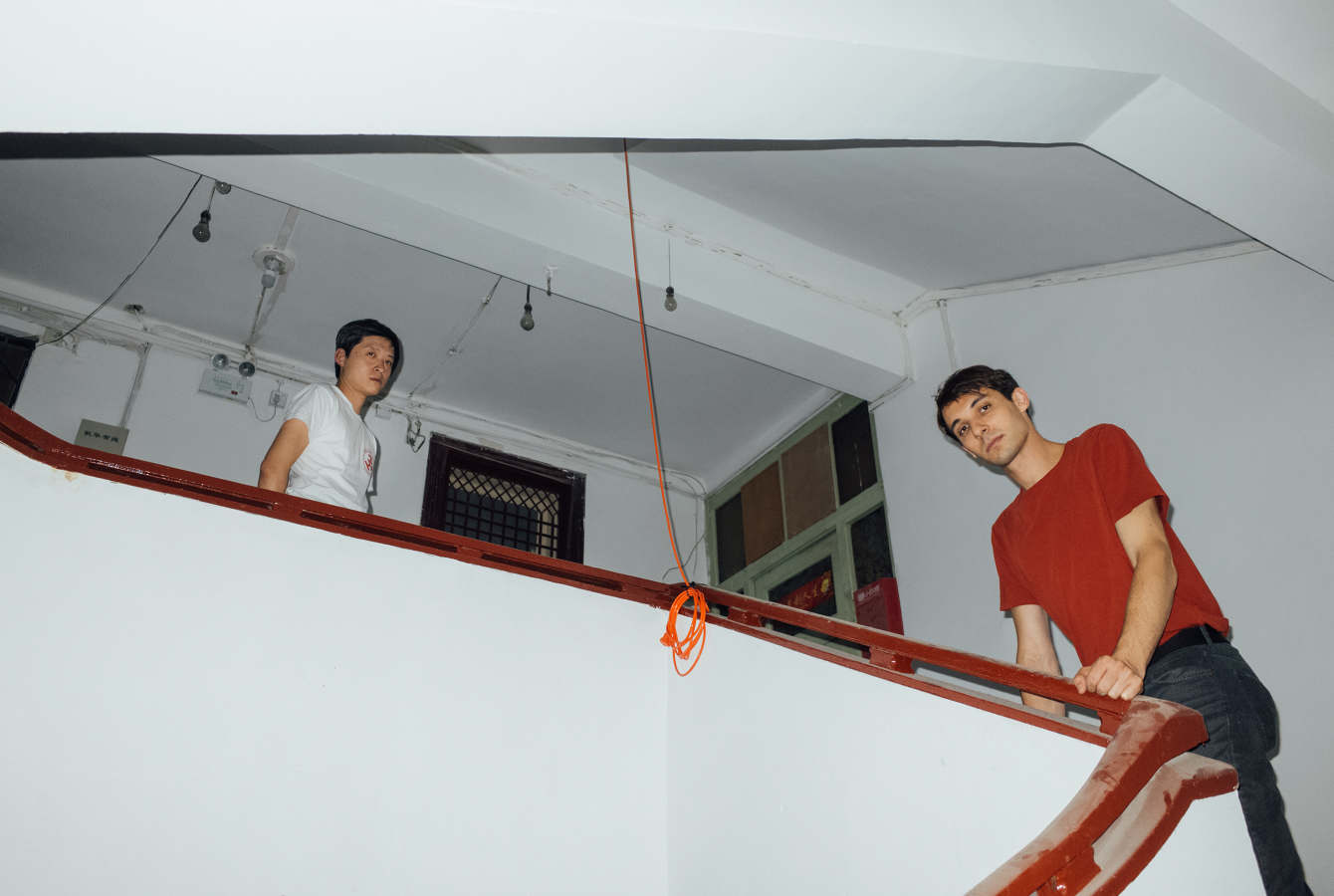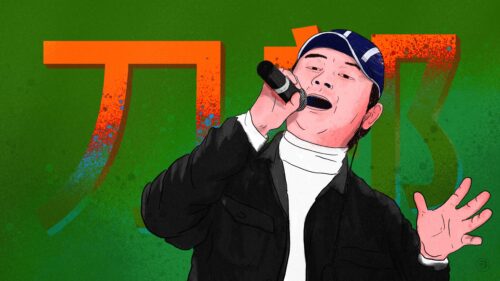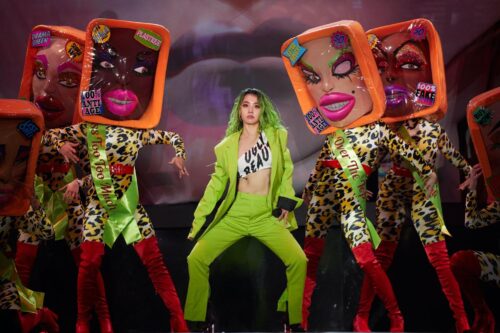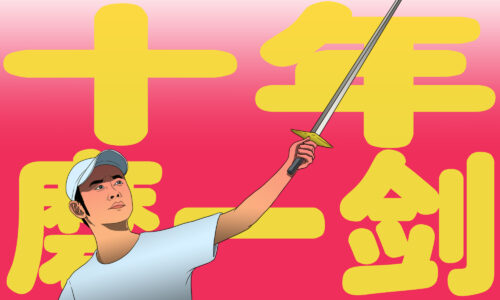The most interesting Chinese bands of the 2010s
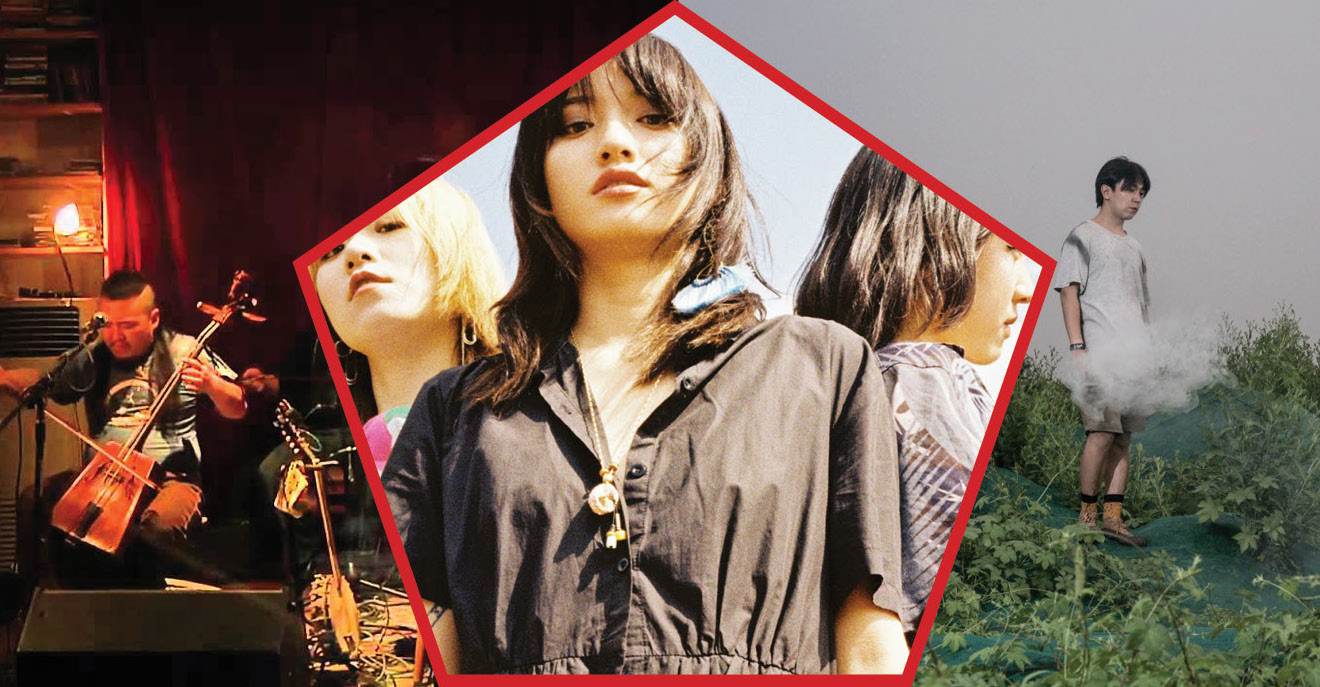
A challenging decade has made for an interesting decade.
For alternative music in China, the 2010s was 10 years of destruction and churn. A narrowing. A retreat inwards. The excitement and promise of vast horizons that permeated the country’s scene in 2010 gave way, in large part, to an apathetic pragmatism by 2019.
Even the extraordinary rise of hip-hop and club music couldn’t shake the feeling that, somewhere, alternative music had lost some of its teeth.
But as the Beijing band Hedgehog (刺猬 cìwèi) once sang: “One generation grows old, while another is in bloom.” Whatever the scene may have lost in its bite, it gained in voice. The decade saw some of the most diverse, experimental, and polyphonic sounds to ever come out of the mainland.
Here, we’ve picked 12 (plus seven) of the most interesting bands from the last decade. With the exception of one extraordinary singer-songwriter, this list focuses on “bands” — duos, trios, and groups that broadly work within the rock or experimental music idiom. China’s hip-hop scenes and club music collectives would require lists all their own, and are therefore not considered here. But have you heard that the Higher Brothers are cancelled?
Let’s roll.

Chuī Wàn 吹万
北京在下沉 Běijīng zàixià chén
四处都是火焰 sìchù dōu shì huǒyàn
Beijing is sinking
and everything is ablaze
Chui Wan was a revelation when it first appeared in the early 2010s — one of the many young bands that emerged in the halcyon days of the venue D-22 in Beijing. In its cerebral art rock you could hear snatches of Sufi and central Asian psychedelia, Southeast Asian folk music, 20th-century avant-garde composition, and the punchy basslines of its peers at the Maybe Mars label.
Its first two albums, White Night (2012) and Chui Wan (2015), are extraordinary achievements — a made-in-China sound that both drew on the past (and the band’s own experimental leanings) as well as envisioning a bold direction for the future. Its lyrics, too, were resonant — a mix of contemplative reverie and sharp, albeit abstract, observation.
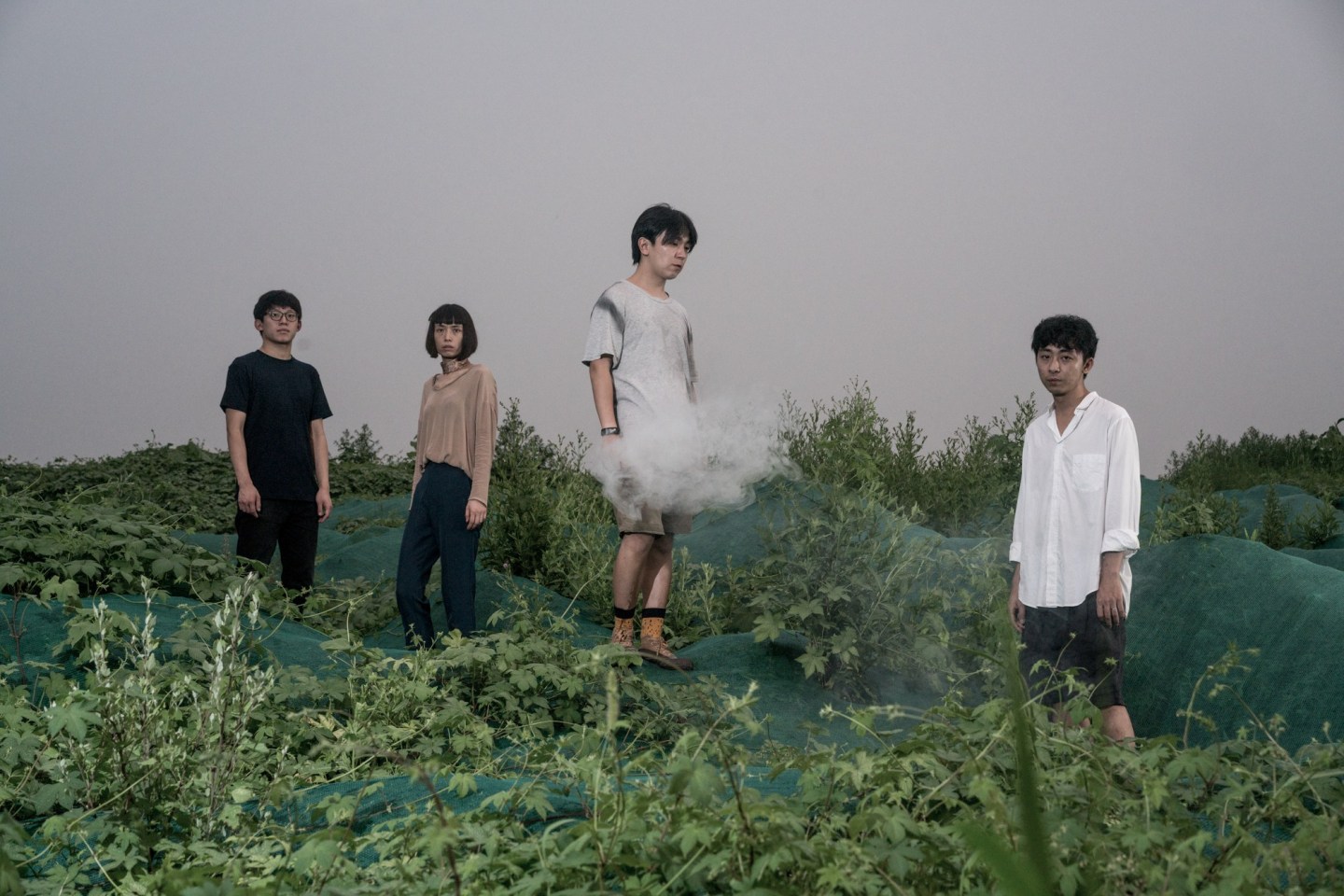

David Boring
Unnatural Objects and Their Humans by DAVID BORING
“To be ill-adjusted to a deranged world is not a breakdown.”
Hong Kong’s prophets of rage. Its 2017 debut, Unnatural Objects and their Humans, is a tense, unnerving work of prediction, a moodboard for what would engulf its home city in two years’ time. Unnatural… was partly written in a post-Occupy gloom, and its lyrics are searing indictments of corruption, hedonism, apathy, and hypocrisy. This jagged, sharp, screeching work of Hong Kong ennui and Hong Kong anger, though, is resonant across the mainland too. David Boring might be the most important punk rock band active in the region.
The group was featured in Anthony Bourdain’s episode on Hong Kong, and their brief segment is a must-watch.

South Acid Mimi 南方酸性咪咪 (Nánfāng suānxìng mī mī)
“Lay down / hands off / drop your weapons
We’re coming / we’re coming / we’re coming”
South Acid Mimi, a trio of women from the southwestern city of Kunming, represent a certain strain of societal disobedience that seems rarer by the year. Its music is loud, unapologetic and ecstatically unconcerned with genre and lineage. It’s punk rock in the purest sense of the term — what the Chengdu-based musician Kristen Ng calls the “antithesis of mainstream Chinese society.”

Top Floor Circus 顶楼的马戏团 (Dǐnglóu de mǎxì tuán)
Top Floor Circus sang in Shanghainese, its members had a penchant for stripping down to their underwear on stage, and once made a parody of the 2008 Olympics song “Beijing Welcomes You” called “Shanghai (Doesn’t) Welcome You.” That last stunt got it banned from public performances for almost a year, but nothing, not even overt censorship, could stop this sly, winking, art-punk powerhouse from getting its music and message out. “Dingma” is no longer active, but some of its members play now as Anti-Dogs.
 Dàwànggāng 大忘杠
Dàwànggāng 大忘杠
“Vulture, oh vulture
You odd creature of a bird
Head looking like an ordained monk
Yet you feed on corpses’ dead meat”
A strange, compelling band that told surreal stories collected from all four corners of China. Dawanggang, one of the many side projects of singer and instrumentalist Sòng Yǔzhé 宋雨喆, offered a remarkable vision of what contemporary folk music in China could be. For its 2013 album (its only one, to date), Song assembled a stellar cast of iconoclasts and experimentalists, among them the brilliant singer Xiǎo Hé 小河 and electronic music pioneer Zhāng Jiàn 张荐 of FM3.
Listening to its untamed brilliance in 2019 feels like a future that was denied, as the folk scene in China today is dominated by news of disappearances and arrests.
Die! Chiwawa Die!
Split by Struggle Session / Die!ChiwawaDie!
A Guangzhou hardcore punk band with tongue firmly in cheek and feet firmly on distorition pedals. The music is loud, fast, and funny, and in frontwoman Jinbo, the band has an incredible stage presence and energy. It’s also staunchly DIY, prefering to play in “decrepit practice rooms, illegally squatted rooftops and ramshackle skate shops than anything that could reasonably be called a ‘live music venue,’” according to its Bandcamp profile.
Die! Chiwawa Die! is also scene-builders, situated at the heart of the influential Guangzhou record label Qiii Snacks, and has built, boosted, and mentored the careers of just about every active band in the Pearl River Delta.
Chinese Football
A band whose existence and thriving fanbase gives the entire indie scene hope. Wuhan’s Chinese Football played the game the old-fashioned way: word-of-mouth promotion, heartfelt songwriting and lyrics, a DIY ethos, and extensive touring inside China. Then, it caught a wave of online fame thanks to its striking artwork and unique sound, a mix of midwest emo and twee Japanese pop. Chinese bands often struggle to find meaningful fame outside the homeland, and Chinese Football has discovered an unexpected route, with its music now finding fans all over East and Southeast Asia.
KAWA
These impossibly cool, blissfully transcendent pioneers of Chinese reggae mix pride and joy in ethnic minority traditions (some of KAWA’s members belong to the Wa People on the border of Yunnan and Myanmar) with a groovy take on the roots sound. The story of reggae and China is a fascinating one, from the Chinese-Jamaican pioneers who helped build the sound of the genre’s golden age to its word-sound-and-power in China today as a form of subversive protest music.
Schoolgirl Byebye
“There are no romantics in China, just breeding, breeding, breeding.”
If you had to sum up the last half decade in a mood, in China that would be big sàng 丧 energy. This “demotivational culture” (丧文化 sàng wénhuà), epitomized by shows like Bojack Horseman and defined by an unambitious, blissed-out apathy, found its voice in music through a cluster of popular indie bands. Fuzhou’s The 尺口MP (sample lyric: “I just want to waste time and laze about”), Hangzhou’s Gatsby in a Daze, and Nanjing’s Schoolgirl Byebye were the cream of this crop, mixing wistful, Sunday afternoon vibes with sardonic lyrics and themes.
Zaliva D
If you’re wondering why none of the aforementioned sang bands are from Beijing, it’s because the northern wastes don’t do wistful romance. They do bleak, sinister, unnerving sounds like the duo Zaliva D, who combine throbbing, pulsing, writhing beats with horror movie visuals and an apocalyptic industrial sense of style. It’s Mandopop filtered through a nightmare, and boy does it capture the times.
Fishdoll
As we near the end of this retrospective of the last decade, it seems worthwhile to ask what might come next. What forms, styles, and formats might give us some sense of where alternative music in China might be headed, and what’s worth celebrating?
The music of Beijing-based singer-songwriter Fishdoll falls squarely within this category. It’s jazzy, complex, uncompromised, breezily international, and yet rooted in the local scene. Fishdoll is also one of the key participants in the Shanghai label Eating Music, which has been building up a community of mellow beatmakers all over the country on an ethos of progressive inclusivity and openness. Both are names to watch in the next decade.
 Gōng Gōng Gōng 工工工
Gōng Gōng Gōng 工工工
Bringing this list full circle, we draw again on Chui Wan’s music: the future always resides in a combination of the residual and the emergent. A sound that can draw power from what came before, and conjure what can come after. The Beijing duo Gong Gong Gong does precisely that, drawing from the lineage of Beijing’s experimental underground (most notably through the cassette label Rose Mansion Analog) while tapping into a wellspring of influences that unite musical cultures, ranging from Cantonese opera to West African desert blues. It released one of 2019’s best albums, and offer one tunneled route through 2019’s apathetic impasse into whatever might come next.
Honorable Mentions:
- Chengdu’s SuperTT (超人田田 chāorén tián tián) and its glam-punk live-show insanity.
- Yiwu’s Duck Trick (鸭听天 yā tīng tiān) and the new psychedelic rock pioneered by Beijing’s Spacefruity Records.
- Huā Lùn 花论 and Wǎng Wén 惘闻 for keeping the instrumental “post-rock” flame burning bright.
- Horse Radio (走马电台 zǒumǎ diàntái), Hǎi Qīng 海青 and Nine Treasures (九宝 jiǔ bǎo) for their stirring reinventions of the “Mongolian folk” sound.
Also see:
